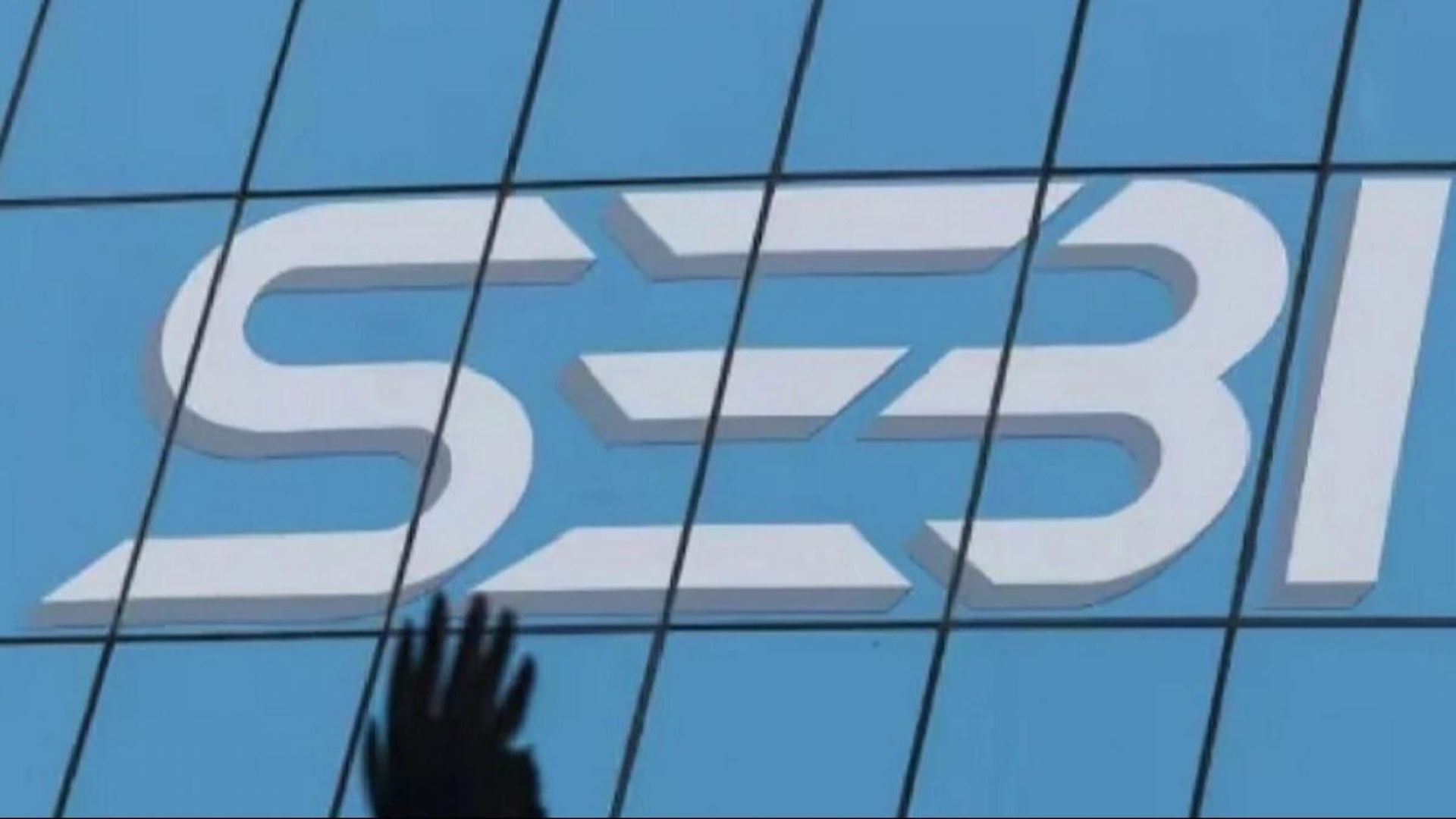After considering feedback from stakeholders, the Board of India’s capital market regulator, the Securities and Exchange Board of India (SEBI), has given approval for the introduction of a Beta version of optional T+0 settlement. This will initially apply to a limited selection of 25 shares and will involve only a select group of brokers. The decision was reached during the Board’s meeting held on Friday.
In the T+0 system, settlements must be completed within the same day as the transaction. However, the specific 25 shares included in this Beta version have not yet been disclosed by the regulator. SEBI has also announced its intention to continue consulting stakeholders, including users of the Beta version.
SEBI stated in a release that its Board will assess progress at the end of three and six months from the date of implementation and will determine the next steps accordingly. This initiative is part of SEBI’s ongoing efforts to adapt to changing market dynamics and fulfill its objectives of market development and investor protection.
SEBI has a history of shortening settlement cycles to improve market efficiency and reduce risk. Settlement cycles were reduced from T+5 to T+3 in 2002, and then to T+2 in 2003. In 2021, T+1 settlement was introduced gradually and fully implemented by January 2023.
The decision to explore T+0 settlement options came after SEBI floated two proposals for public feedback in December 2023. The first phase of implementation involves optional T+0 settlement cycles, allowing trades until 1:30 PM, with settlements to be completed by 4:30 PM on the same day. The second phase proposes immediate trade-by-trade settlement, with trading extended until 3:30 PM.
SEBI Chairperson Madhabi Puri Buch had previously mentioned the regulator’s efforts towards instant settlements and engagement with the market ecosystem. She expressed optimism about the future implementation of mechanisms for instantaneous settlement, which would provide real-time access to funds for investors.
The ongoing growth of Indian securities markets, in terms of both volume and value, as well as increased participation from new investors, highlights the importance for SEBI to ensure market efficiency and safety, particularly for retail participants.
















